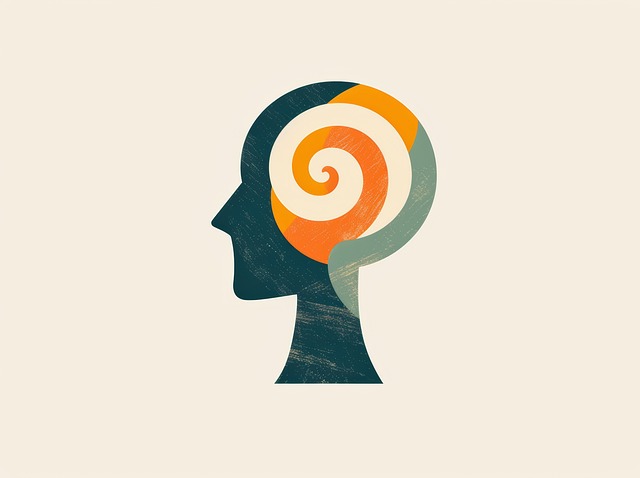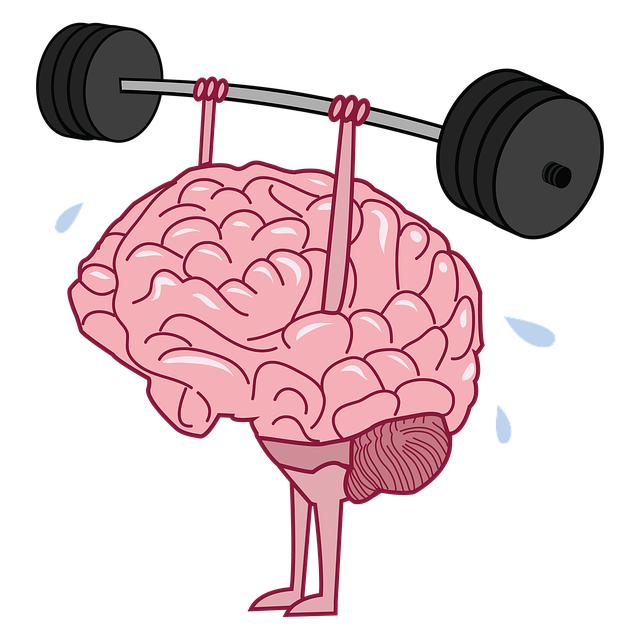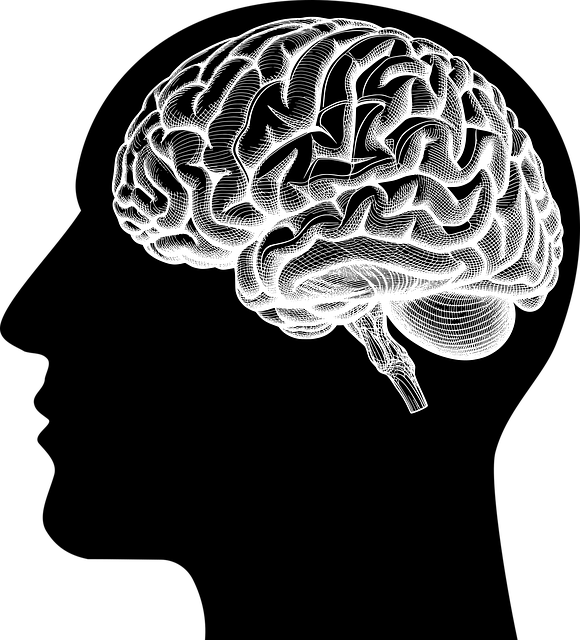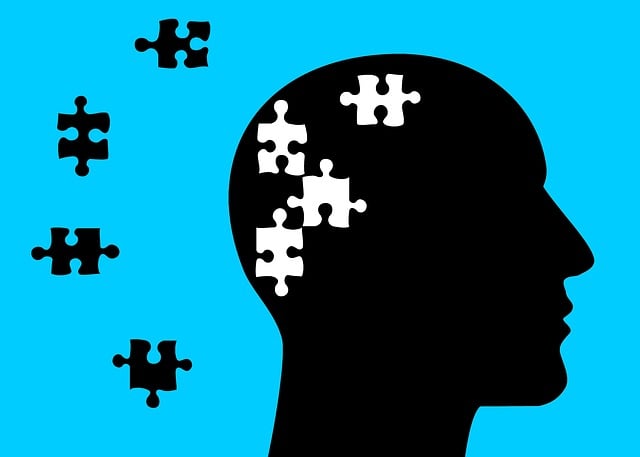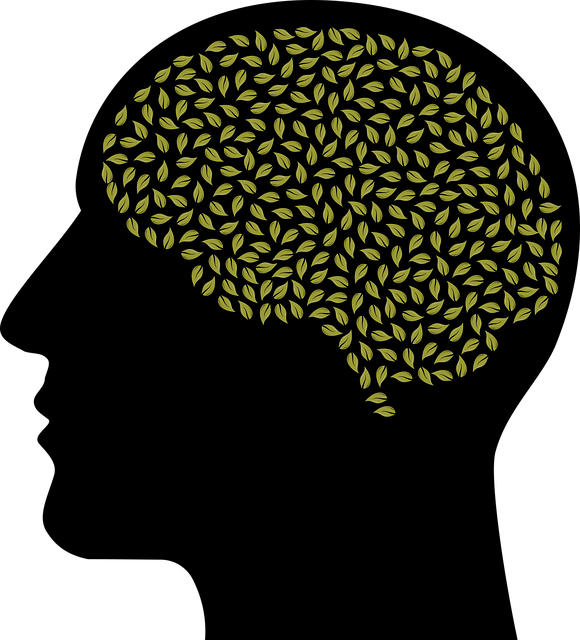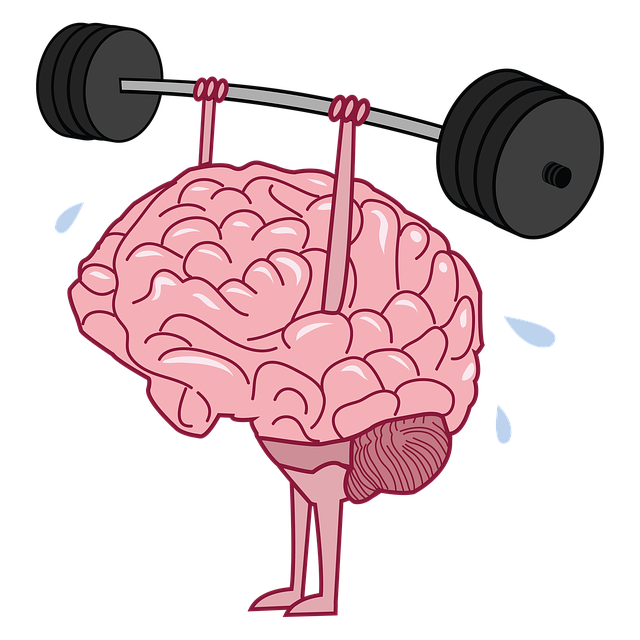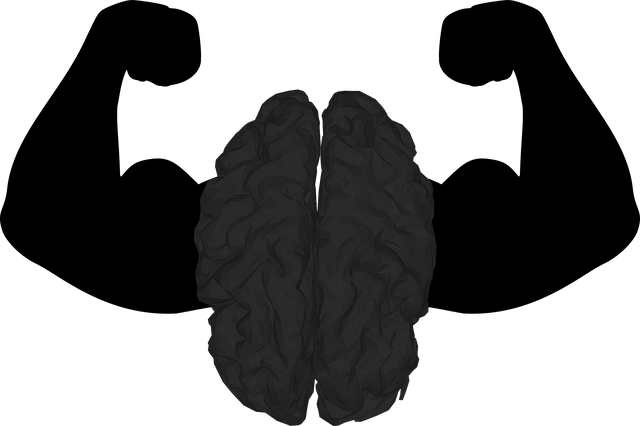Dissociative disorders involve detachment from reality, thoughts, feelings, and memories, often stemming from trauma, leading to significant impacts on daily life. Therapy focuses on integrating fragmented identities using techniques like mindfulness, CBT, EMDR, and self-care. Educational strategies promote understanding and empathy. Self-assessment tools facilitate introspection, aiding in trigger identification and healthy coping strategy adoption. Integrating these tools into Mental Wellness Coaching Programs improves mood management and emotional regulation outcomes. Effective therapy for dissociative disorder combines evidence-based practices like trauma-focused CBT, emotional intelligence through journaling, and patient-centered care with risk management planning for professionals.
Mental wellness self-assessment tools play a pivotal role in identifying and managing dissociative disorders, which can profoundly impact individuals’ daily lives. This article delves into the significance of these tools, highlighting their ability to facilitate early detection and personalized care. We explore the profound effect of dissociation and its various manifestations, focusing on how self-assessments empower individuals to seek appropriate therapy for dissociative disorder. Through a comprehensive approach, we offer insights into developing effective treatment strategies.
- Understanding Dissociative Disorders and Their Impact
- The Role of Self-Assessment Tools in Mental Health
- Developing Effective Therapy for Dissociative Disorder: A Comprehensive Approach
Understanding Dissociative Disorders and Their Impact

Dissociative disorders are a complex group of mental health conditions that involve a disconnection from reality and one’s own thoughts, feelings, or memories. This can manifest as a sense of detachment from oneself, leading to experiences such as depersonalization (feeling detached from one’s body) and derealization (perceiving the world around as unreal). These disorders often stem from traumatic events and serve as coping mechanisms for the mind to avoid painful memories or emotions. The impact on an individual’s life can be profound, affecting their ability to function in daily routines, maintain relationships, and experience emotional well-being.
Therapy for Dissociative Disorder typically focuses on helping individuals integrate fragmented aspects of their identity and restore a sense of continuity in their lives. Emotional Well-being Promotion Techniques such as mindfulness practices, cognitive behavioural therapy (CBT), and eye movement desensitization and reprocessing (EMDR) are commonly used to help manage symptoms. Self-Care Practices like establishing consistent routines, engaging in creative outlets, and cultivating supportive relationships can also play a crucial role in communication strategies that promote understanding and empathy among those affected by these disorders.
The Role of Self-Assessment Tools in Mental Health

Self-assessment tools play a pivotal role in mental health management and therapy for dissociative disorders. These tools empower individuals to gain profound insights into their emotional states, thought patterns, and behaviors, serving as a foundation for personal growth and recovery. By offering a means of introspection, self-assessments help users identify triggers, recognize healthy coping mechanisms, and develop strategies tailored to their unique needs. This proactive approach not only complements traditional therapy for dissociative disorder but also enhances overall mental wellness.
Moreover, integrating self-assessment tools into mental wellness coaching programs can significantly improve outcomes in mood management and emotional regulation. They provide coaches with valuable data to create personalized action plans, track progress, and make informed adjustments to support clients on their journey towards better mental health. As a result, these tools become essential components in the development of comprehensive Mental Wellness Coaching Programs, fostering an environment where individuals can take charge of their emotional well-being.
Developing Effective Therapy for Dissociative Disorder: A Comprehensive Approach

Developing effective therapy for dissociative disorder requires a comprehensive approach that addresses the multifaceted nature of the condition. This involves integrating various evidence-based practices tailored to help individuals integrate fragmented memories, emotions, and identities. One such approach is trauma-focused cognitive behavioral therapy (TF-CBT), which has shown promise in treating dissociation by teaching coping strategies, reframing traumatic memories, and enhancing emotional regulation skills.
Furthermore, incorporating elements of emotional intelligence into therapy can significantly enhance outcomes. Mental wellness journaling exercises guidance can empower individuals to track their emotions, identify triggers, and develop self-soothing techniques. Risk management planning for mental health professionals is also crucial to ensure safe and effective treatment delivery. By combining these strategies with a patient-centered care approach, therapists can facilitate meaningful healing and restoration in those living with dissociative disorder.
Mental wellness self-assessment tools play a pivotal role in identifying and addressing dissociative disorders, offering individuals greater awareness and control over their mental health. By utilizing these effective instruments, we can enhance access to tailored therapy for dissociative disorder, fostering comprehensive healing and improved quality of life. This integrated approach ensures that those affected by dissociation receive the necessary support to navigate their experiences with enhanced resilience and well-being.
